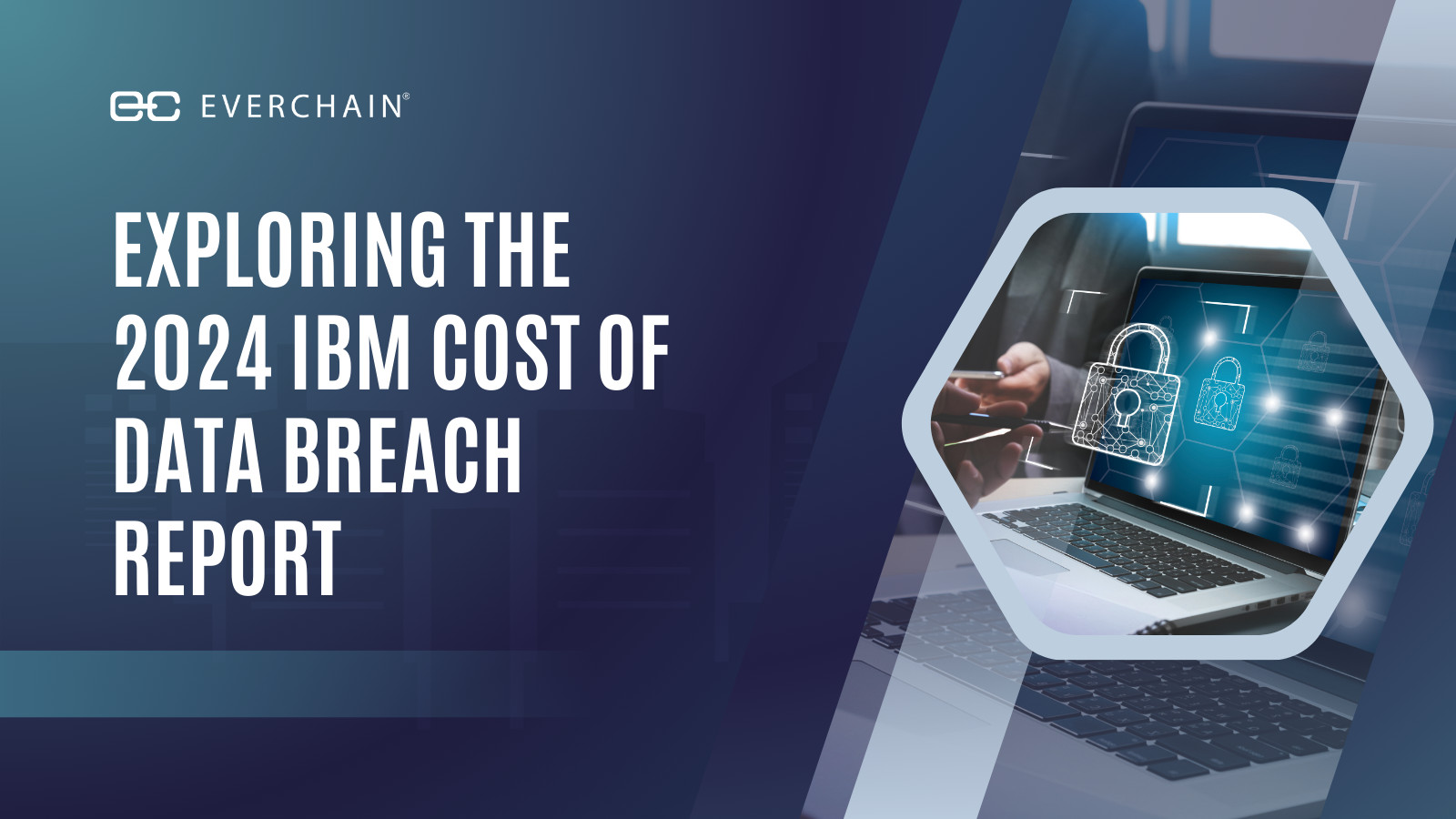Learn Why Creditors Are Selling Charged-Off Debt
Recent reports reveal that major U.S. banks like JPMorgan Chase and Bank of America are grappling with significant losses due to unrecoverable debt. JPMorgan Chase reported $2 billion in net charge-offs for the first quarter of this year, nearly double the same period last year, while Bank of America reported $1.5 billion in net charge-offs, a significant increase from $807 million a year prior. These losses primarily stem from credit card debts that are unlikely to be repaid.
Key Insights from Recent Reports
Rising Unrecoverable Debt
The surge in net charge-offs highlights a growing issue among borrowers with below-prime credit scores, whose financial situations are being strained by high interest rates and inflation. As household finances for lower-income Americans deteriorate, the strain is reflected in the increased charge-offs reported by major banks.
Economic Indicators
Austan Goolsbee, President of the Chicago Federal Reserve Bank, noted that rising consumer loan delinquencies are a concerning economic indicator, often signaling further economic downturns. This trend underscores the need for creditors to consider alternative strategies for managing their receivables, including selling charged-off debt.
Tightening Lending Standards
In response to these challenges, banks are tightening lending standards. A Federal Reserve poll found that most banks have become more cautious about issuing credit cards, auto loans, and other consumer loans, particularly to first-time and low-income borrowers who are experiencing higher default rates.
Read more:
- Liquidating Your Consumer Debt: How Creditors Benefit from Selling Charge-Offs
- Unlocking Value: A Guide for Selling Consumer Debt
Why Sell Charged-Off Debt?
 Given these circumstances, creditors should seriously consider selling their charged-off debt. Here’s why:
Given these circumstances, creditors should seriously consider selling their charged-off debt. Here’s why:
Immediate Cash Flow
Selling charged-off debt provides immediate liquidity, allowing creditors to reinvest the cash into more profitable ventures or to stabilize other areas of their financial portfolios. This immediate cash flow is crucial for maintaining financial health during uncertain economic times.
Improved Financial Performance
By converting non-performing loans into cash, creditors can improve their financial statements and overall financial health. Even though debts are sold at a fraction of their original value, the immediate revenue helps strengthen the bottom line. This strategic move can turn the burden of charged-off debt into an asset.
Focus on Core Competencies
Selling charged-off debt allows creditors to focus on their core business activities instead of dedicating resources to long-term, challenging collections. Specialized debt buyers and agencies have the expertise and resources to manage these collections more effectively. This shift in focus can lead to better use of internal resources and improved operational efficiency.
Compliance and Risk Management
A full-service brokerage, like EverChain, can ensure that the debt sale process is compliant and efficient, managing post-sale activities such as media requests, buybacks, and compliance issues. This reduces the risk of post-sale complications and protects the creditor’s brand reputation. Proper management of charged-off debt through a reputable broker can also minimize legal and compliance risks.
Conclusion
The substantial losses reported by JPMorgan Chase and Bank of America underscore the growing challenge of managing unrecoverable debt. By selling charged-off accounts, creditors can improve cash flow, enhance financial performance, and reduce operational burdens. Partnering with a tech-enabled broker like EverChain ensures a smooth, compliant, and efficient transaction, allowing creditors to focus on their core strengths while improving their recovery strategies.
For more insights, you can read the full Reuters article [here].



